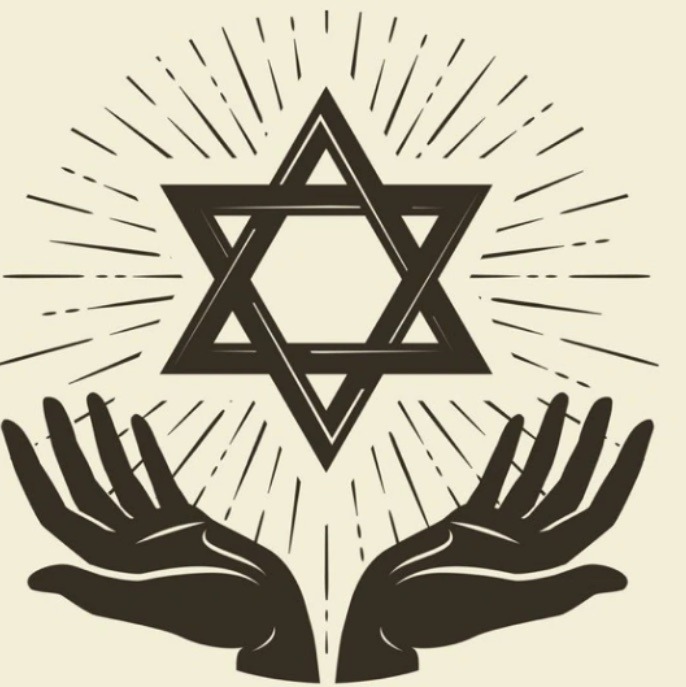A SeniorU Religions of the World Seminar
At the heart of monotheistic faiths, Judaism stands as one of the oldest and most influential religions in human history. Recently, SeniorU hosted an enlightening seminar delving into the philosophy, history, and key practices of Judaism, offering participants a deeper understanding of this ancient yet vibrant tradition. For more information about in person or online seminars please contact us at info@senioru.com.
The Origins and Core Beliefs
Our journey begins around 2000 BCE with Abraham, a central figure who forged a covenant with God that laid the foundation for Judaism. This covenant promised that Abraham’s descendants would become a great nation, chosen to exemplify moral and ethical living. Judaism’s monotheistic creed is powerfully expressed in the Shema, a declaration recited daily by observant Jews: “Hear, O Israel: The Lord our God, the Lord is one.”
Central texts like the Torah and the Talmud guide Jewish life and practice. The Torah, comprising the first five books of the Hebrew Bible, outlines the laws and teachings central to Judaism. The Talmud offers a rich tapestry of rabbinic discussions and interpretations, further explaining and debating these laws.
Pivotal Figures and Historical Milestones
Throughout history, Judaism has been shaped by remarkable leaders and critical events.
• Abraham: The patriarch who initiated the covenant with God.
• Moses: The liberator who led the Israelites out of Egyptian bondage and received the Torah at Mount Sinai.
• King David and King Solomon: David, the unifier of the Israelite tribes and Solomon, the builder of the First Temple in Jerusalem, established the golden age of ancient Israel.
• Maimonides: A medieval philosopher whose works, like “Guide to the Perplexed,” continue to influence Jewish thought today.
Historical Evolution
1. Early Beginnings:
• The seminar traced the journey from Abraham’s migration to Canaan, through the patriarchal era, to the slavery and subsequent Exodus led by Moses.
• The Torah, given during the desert wanderings, remains the bedrock of Jewish religious practice.
2. Kingdoms and Exile:
• The united monarchy under David and Solomon saw the establishment of Jerusalem and the First Temple, symbolizing Jewish nationhood.
• The Babylonian Exile (600 BCE) was a turning point, with the destruction of the First Temple and the subsequent period of return and rebuilding under Persian rule.
3. Hellenistic and Roman Influence:
• Alexander the Great’s conquests introduced Hellenistic culture, leading to the Maccabean Revolt celebrated during Hanukkah.
• Roman rule brought further turmoil, including the destruction of the Second Temple in 70 AD, which marked the beginning of the Jewish diaspora.
Key Practices and Cultural Contributions
Judaism is rich with traditions that continue to guide Jewish life:
• The Commandments (Mitzvot): These 613 commandments cover all aspects of life, from daily rituals to ethical conduct.
• Tikkun Olam: Meaning “repairing the world,” this principle underscores social justice and community responsibility.
• Sabbath (Shabbat): A weekly day of rest and spiritual renewal, observed from Friday evening to Saturday evening.
• Dietary Laws (Kashrut): These include prohibitions such as not mixing milk and meat, reflecting broader themes of holiness and ethical living.
Resilience and Impact
Despite centuries of persecution and antisemitism, Jewish culture and contributions have flourished. Jews have significantly impacted various fields, with notable figures such as Sigmund Freud in psychology, Karl Marx in political theory, Jonas Salk in medicine, and Albert Einstein in physics.
The modern era saw the fulfillment of the Zionist dream with the establishment of Israel in 1948, a pivotal moment symbolizing resilience and hope for the Jewish people.
Conclusion
Judaism’s enduring legacy is a testament to its profound spiritual foundations and the resilience of its followers. The SeniorU seminar provided a comprehensive overview, emphasizing the religion’s rich historical tapestry and its continued relevance and impact today. For those eager to explore further, the journey into Judaism offers endless avenues of learning and inspiration, reflecting a tradition that has shaped, and continues to shape, the world in profound ways.
For more information on Judaism, explore these resources:
Visit SeniorU for more seminars and educational resources on various topics.



